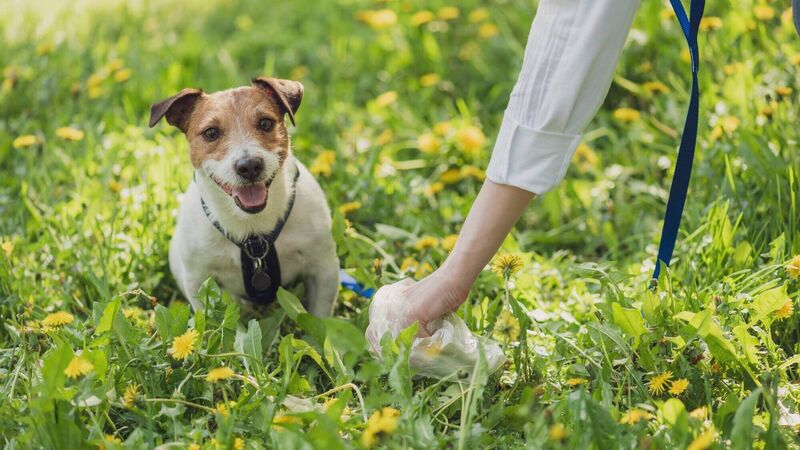Pete the Vet calls foul! Why it's essential to scoop that poop

Pete the Vet: There is one big negative aspect to the boost in the canine population: the parallel increase in the national production of canine faeces, or dog poop, as it is more politely termed.
Dog ownership has soared in Ireland over the past year. People spending more time at home during lockdown have realised that, at last, they are able to keep the pet they have longed for. When working from home, it’s easy to have the dog beside you at your workspace. And a twice daily stroll with your new pet is a welcome alternative to the usual commute to and from work.
Estimates suggest that there’s been a 20% surge in the Irish dog population since the start of COVID, with vets and pet shops being kept busier than ever.







